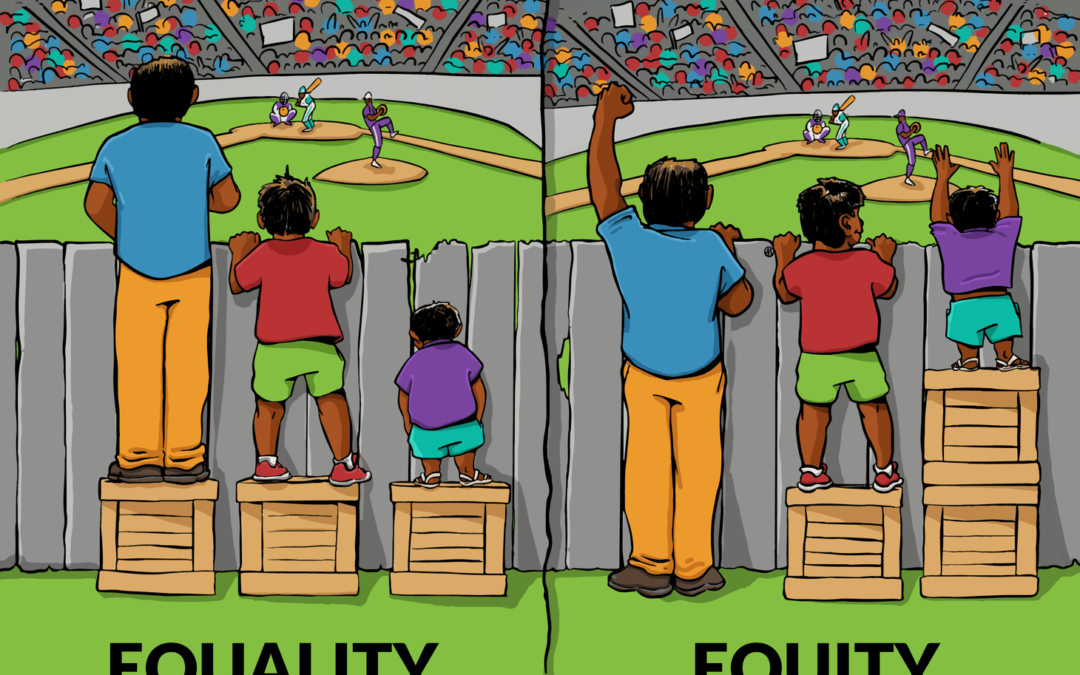
by Kristin Clark | Sep 5, 2017 | Education, Professional Development, Reading, Special Education
If your child struggles with reading, they probably struggle with learning on a daily basis, and this takes a toll. This constant struggle with academics from a young age leaves a lasting impression on their self-esteem (feelings of self-worth and value). Helping...

by Anne Kloth | Mar 23, 2017 | Education, Reading, Special Education
Reading is Essential – Reading is essential to increase graduation rates and decrease incarceration rates. The ability to read and write is essential for an individual’s success in school, employment and in life. Reading difficulties impact student’s learning...

by Kristin Clark | Feb 28, 2017 | Education, Professional Development, Reading, Special Education
Fear of Labeling Do you struggle with the idea of labeling your child with a learning disability? If so, you’re not alone. Often parents are concerned that labeling will be harmful and will stigmatize their child. Some parents fear that their child will become...

by Kristin Clark | Feb 14, 2017 | Education, Professional Development, Reading, Special Education
Reading Success Plus has been recognized in top 50 best dyslexia blogs on the planet! Using search results and social metrics, Feedspot selected the winners from thousands of top dyslexia blogs in their index. The top blogs are ranked based on following criteria:...

by Kristin Clark | Feb 3, 2017 | Education, Professional Development, Reading, Special Education
New Dyslexia Practitioner Reading Success Plus is pleased to announce the addition of Mrs. Patti Krieger, International Dyslexia Association (I.D.A.) certified Dyslexia Practitioner, to their growing tutoring staff. Mrs. Krieger is a Grand Valley State...






